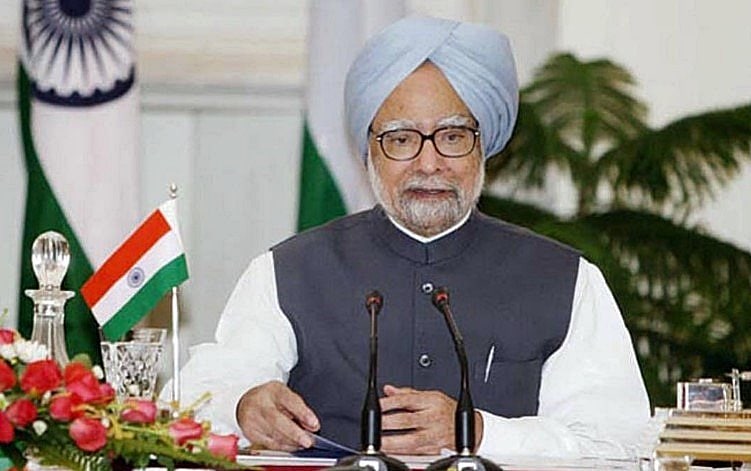NEW DELHI – Former Prime Minister of India and noted economist, Manmohan Singh, died at the age of 92.
Singh, who served as thirteenth premier from 2004 to 2014, was key figure in economic transformation. An economist by training, he was credited with implementing crucial reforms that liberalized the Indian economy during his tenure as Finance Minister in early 90s.
Condolences poured in from across South Asian nation and the world following the death of former PM Singh. Leaders from all political parties, as well as international figures, expressed their heartfelt tributes to the renowned economist and statesman.
He is being remembered for his leadership, vision, and unwavering commitment to public service. politcians’ tributes highlighted his legacy as the architect of India’s economic reforms in the 1990s, as well as his role in shaping the nation’s global standing. As India mourned loss of one of its longest-serving and most respected leaders, condolences continue to flood in from all corners of the globe.
Manmohan studies economics at Oxford University and started his career at United Nations. Over the decades, Singh held several influential positions in India’s government, including Chief Economic Advisor, Governor of the Reserve Bank of India, and Chairman of the Planning Commission.
He served as Finance Minister under ex-Prime Minister Narasimha Rao. His economic reforms, including liberalization of trade, industrial policy, and foreign investment, were credited with pulling New Delhi out of the crisis. His tenure was marked by significant social welfare initiatives such as the National Rural Health Mission, the introduction of the Right to Information Act, and efforts to increase rural employment.
After his tenure, Singh chose not to contest the 2014 elections, stepping away from the race for the Prime Minister’s office. He continued to serve in the Rajya Sabha, representing Assam and later Rajasthan.










